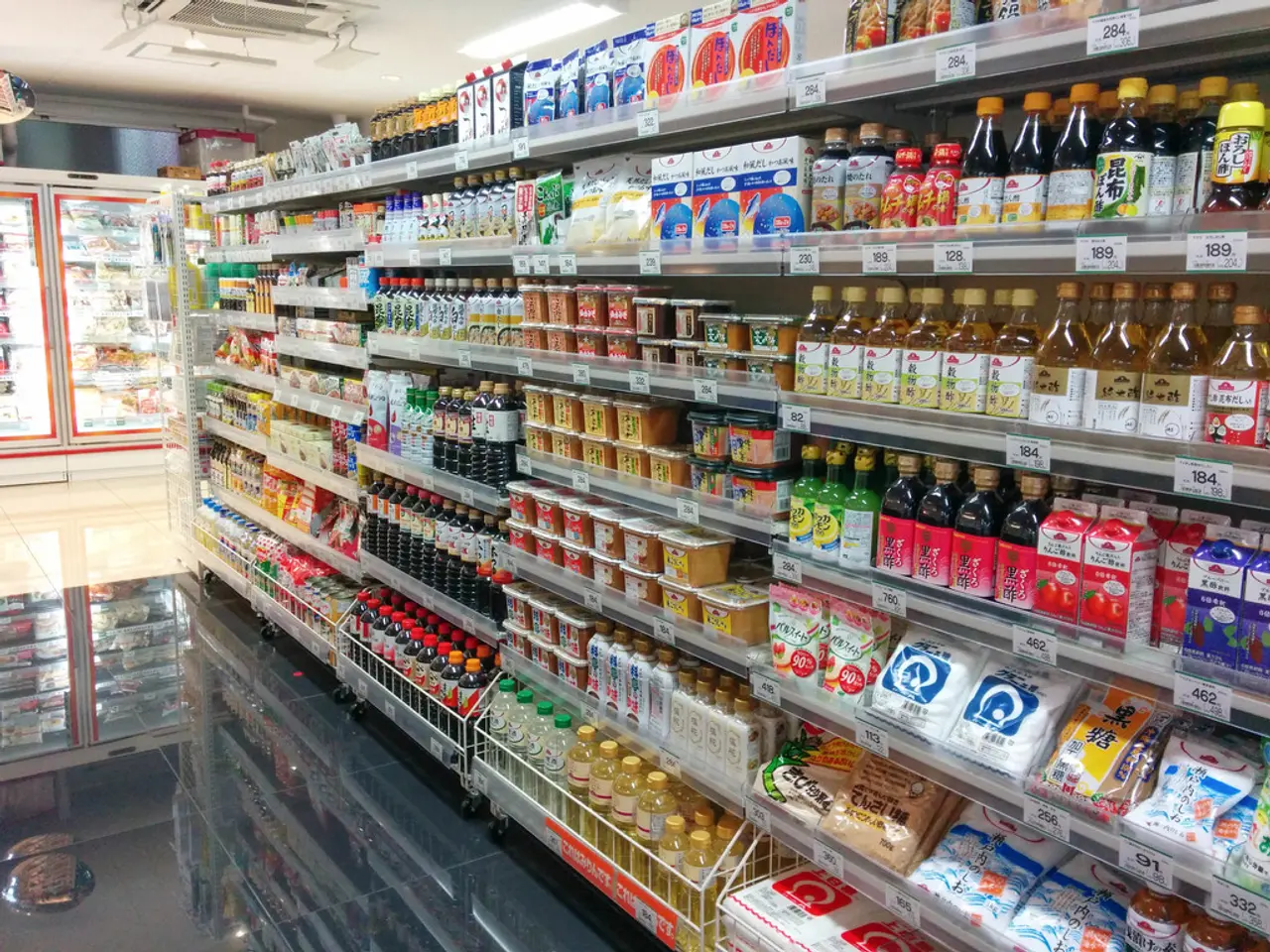Voyage through past and upcoming holiday seasons underscores COVID-19's enduring influence on the festive season celebration
In the ever-evolving retail landscape, several notable changes and trends have emerged as we approach the 2022 holiday season.
With inflation and economic concerns looming, consumers are becoming more price-sensitive this year. This shift is leading many to opt for more affordable brands and seek out deals during sales events.
Retailers are responding to this change by planning sales events in October to kickstart the holiday season, an earlier start that may have been influenced by the highly publicized supply chain issues of 2021.
One such retailer, Target, has adjusted its in-store fulfillment strategy, while Best Buy has partnered with Uber Eats for same-day delivery and scheduled drop-offs, catering to the growing preference for online shopping.
The supply chain challenges of 2021 have also led retailers to reassure customers that they will be fully stocked for the holidays this year. However, empty shelves were a concern for consumers during the 2021 holiday season, highlighting the ongoing impact of supply chain bottlenecks and rising demand.
In the digital realm, consumers are relying less on retail employees for product information and recommendations. This shift is reflected in the uptick in mobile and online shopping during the holiday season, a trend that was already evident in 2019.
Meanwhile, physical stores are adapting to this change by offering store pickup options, which gained popularity in 2019 even as foot traffic on Black Friday declined. In fact, nearly 40% of the season's sales came on Black Friday and Cyber Monday in that year.
However, the pandemic has significantly reshaped holiday shopping. In 2020, retailers encouraged early shopping and moved sales events earlier in the fall. By Black Friday 2020, the pandemic had already claimed more than 200,000 lives in the U.S., leading to a dramatic drop in foot traffic, with Black Friday 2020 seeing foot traffic plummet by more than 50%.
Walmart and Target announced they would close on Thanksgiving Day in 2020, reversing the creep of shopping into the holiday. Despite the decline in foot traffic, spending declined on the whole over the Thanksgiving weekend in 2020, but digital sales rose by double digits, and curbside pickup increased by more than 50% year over year on Black Friday 2020.
In response to these changes, retailers are adapting their strategies. Gap Inc. is focusing on expanding its beauty and accessories offerings, while Home Depot has completed its acquisition of GMS. Mattel has restructured its brand leadership team, and Ulta Beauty is expanding globally with store openings in Mexico.
One area where consumers' behaviour remains uncertain is Christmas shopping in Germany. At least half of the total Christmas sales planned by consumers in Germany for the year 2022 is not explicitly stated in the available information.
In conclusion, the 2022 holiday season is expected to see a continued shift towards online shopping, earlier sales events, and a greater emphasis on affordable brands. Retailers are adapting their strategies to meet these changes, offering more delivery and pickup options, and expanding their digital offerings. Despite the challenges posed by supply chain issues and the ongoing pandemic, retailers are reassuring customers that they will be fully stocked for the holidays.
Read also:
- Understanding Hemorrhagic Gastroenteritis: Key Facts
- Trump's Policies: Tariffs, AI, Surveillance, and Possible Martial Law
- Expanded Community Health Involvement by CK Birla Hospitals, Jaipur, Maintained Through Consistent Outreach Programs Across Rajasthan
- Abdominal Fat Accumulation: Causes and Strategies for Reduction








